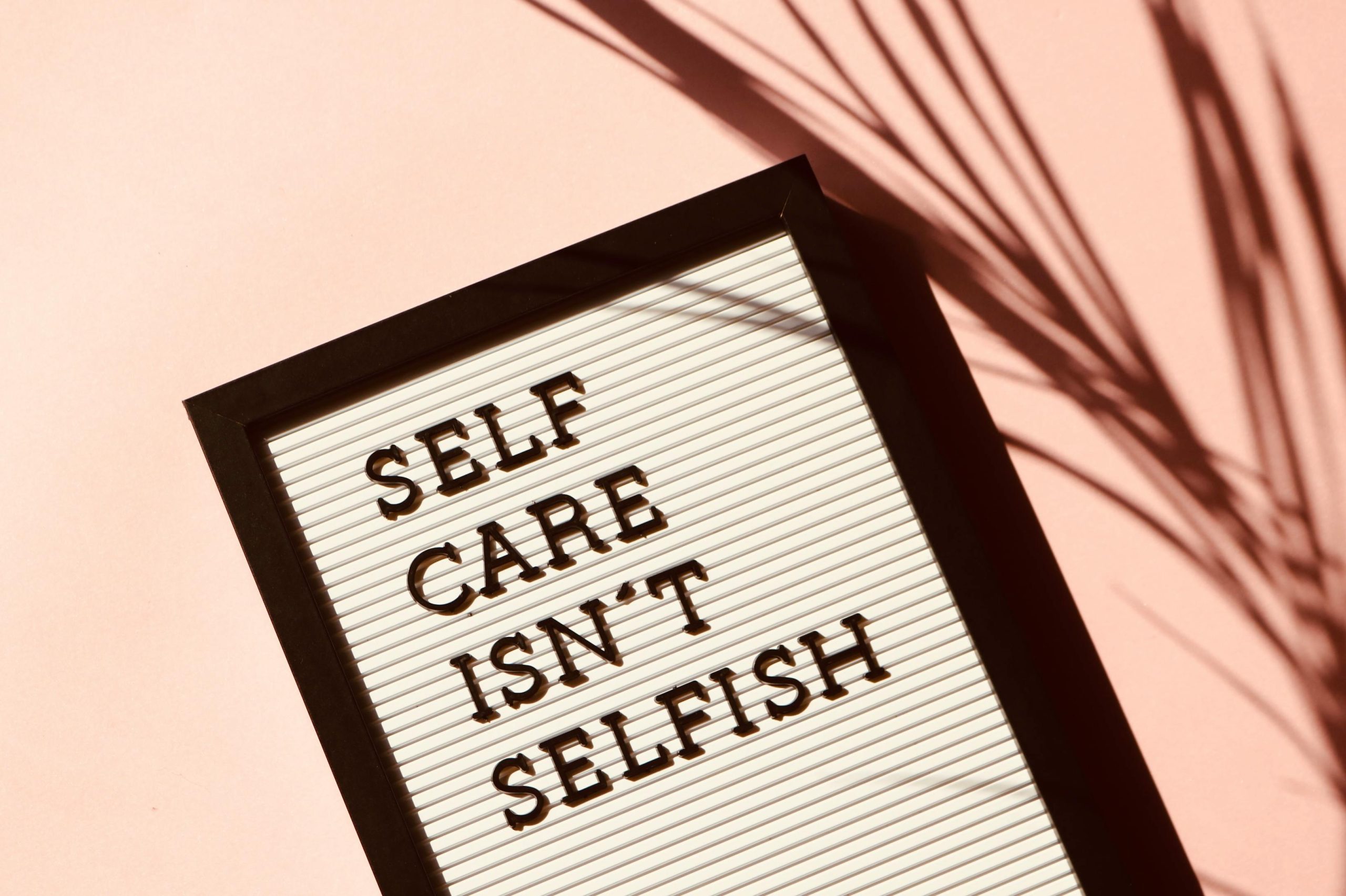[NOTE: This article is inspired by and summarizes information from “Our best mental health tips – backed by research” by Mental Health UK]
We all face daily challenges that can impact our mental health.
But maintaining good mental wellbeing doesn’t require monumental efforts. Small, consistent actions can make a significant difference.
This article outlines eleven research-backed strategies to nurture your mental health.
Embrace Nature’s Calm
Spend time in nature. A simple walk, “forest bathing” (mindfully experiencing a natural environment), or simply observing your surroundings can reduce stress and promote feelings of calm and hope.
Prioritize Sleep
Aim for 7-9 hours of quality sleep each night. Establish a relaxing bedtime routine, avoid screens before bed, and maintain a consistent sleep schedule to improve sleep quality and overall well being.
Keep Moving
Regular physical activity, whether it’s a sport, gardening, dancing, or a brisk walk, releases endorphins, improves mood, and enhances physical health, positively impacting mental wellbeing.
Nourish Your Body
Eat a balanced diet rich in fruits and vegetables. Mindful eating and sharing meals with others can foster positive relationships and improve overall mood.
Practice Kindness
Acts of kindness, both big and small, benefit both the giver and the receiver. A simple smile, a helping hand, or volunteering can boost your mood and strengthen connections with others.
Cultivate Curiosity
Embrace new experiences and challenge negative thought patterns. Trying new things, even small ones, can add excitement and purpose to your life.
Plan for Joy
Schedule activities you enjoy, big or small. Having something to look forward to increases hope and provides a sense of purpose, especially during challenging times.
Understand Your Emotions
Pay attention to your feelings without judgment. Naming your emotions and exploring their potential causes can help you manage them more effectively. Self-compassion and positive self-talk are also crucial.
Seek Support
Talking to a trusted friend, family member, or professional can provide relief and offer new perspectives on challenging situations. Don’t hesitate to reach out for help.
Avoid Self-Medication
While drugs or alcohol might offer temporary relief, they don’t address underlying issues and can worsen problems in the long run. Seek healthier coping mechanisms and professional support if needed.
Manage Your Finances
Financial worries are a major source of stress. Seek help from financial advisors or charities if you’re struggling with debt or money management. Sharing your concerns with a trusted person can alleviate feelings of isolation and overwhelm.
By incorporating these eleven simple steps into your daily routine, you can significantly improve your mental wellbeing and build resilience against life’s challenges.
Remember, small, consistent actions can lead to lasting positive change.
Photo by Madison Inouye on Pexels







